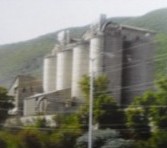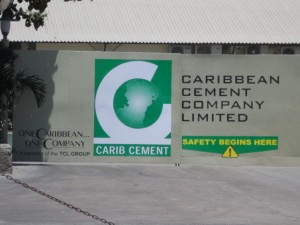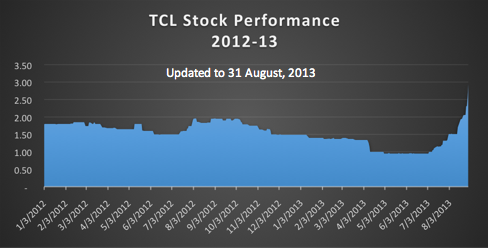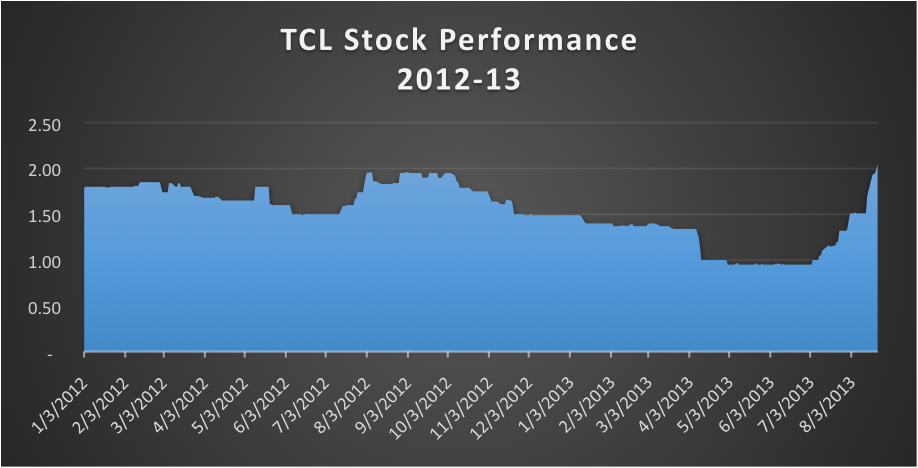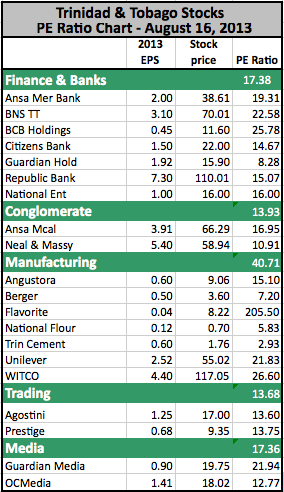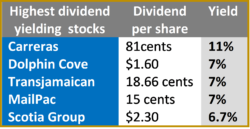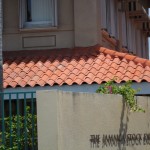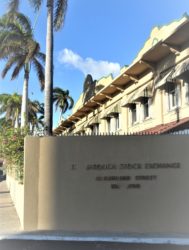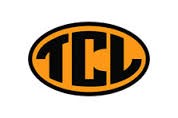 Trinidad Cement achieved a 135 percent jump in profit after tax due to shareholders for the quarter to September, but the data showed that the most of the minority shareholders have suffered a massive dilution in their earnings.
Trinidad Cement achieved a 135 percent jump in profit after tax due to shareholders for the quarter to September, but the data showed that the most of the minority shareholders have suffered a massive dilution in their earnings.
The company reports $74 million for the 2015 third quarter, compared with $30 million for the same period last year, year to date profit after tax leapt 558 percent to $395 million above the $60 million reported for similar period for 2014. All shareholders get 16 cents per share for the September quarter for each share they hold, the year to date results show them entitled to $1.18 or 7.65 times the September quarters’ earnings. The year to date profit is 6.8 times the prior year’s nine months figure, a difference of 12.5 percent.
The company through a rights issue increased the share capital which diluted the earnings per share. Instead of increased earnings after the company’s debt was restructured, leading to lower debt servicing cost, the majority of shareholders will see lower earnings per share going forward even as the company prevented some shareholders from participating in the issue and withheld pertinent information from most shareholders. As a result the earning per share for 2016 is likely to be no more than 70 cents compared to 96 cents in 2015 from continuing operations, even as profit is likely to rise.
Earnings per share from continuing operations amount to 15.5 cents for the quarter and $1.186 for the nine months. Full year earnings should end up around $1.40 but this includes approximately 44 cents relating to the one off restructuring credit, thus reducing the ongoing earnings to 96 cents per share.
“This performance was largely driven by higher domestic sales volumes, and lower fuel and electricity costs at CCCL and ACCL” Wilfred Espinet Group Chairman and Nigel Edwards, a Director of the company told shareholders in a statement accompanying the interim financials. The company enjoyed a $206 million credit which is reflected mainly in the year to date results for 2015 as a result of restructuring the heavy debt in had incurred previously.
Finance cost for third quarter was $12.5 million lower than third quarter 2014 and ended at $35 million due both to the reduced interest rates from the new loans and a reduction of the principal loan balance from US$245 million to US$200 million. For the year to date finance cost fell to $145 million compared to $214 million in 2014.
Cash flow from operations amounts to $65 million I the quarter and $677 million of the nine months leading to cash at the end of the period at $302 million. The working capital moved to $340 million with current assets of $978 million and current liabilities of $633 million at the end of September. Non-current liabilities stand at $1.4 billion and equity at $1 billion.
The company shares are listed on the Trinidad and Tobago Stock Exchange (TTSE), it manufactures and distributes cement in the eastern Caribbean and Jamaica. The stock last traded at $3.50 on the TTSE on Friday October 30.
